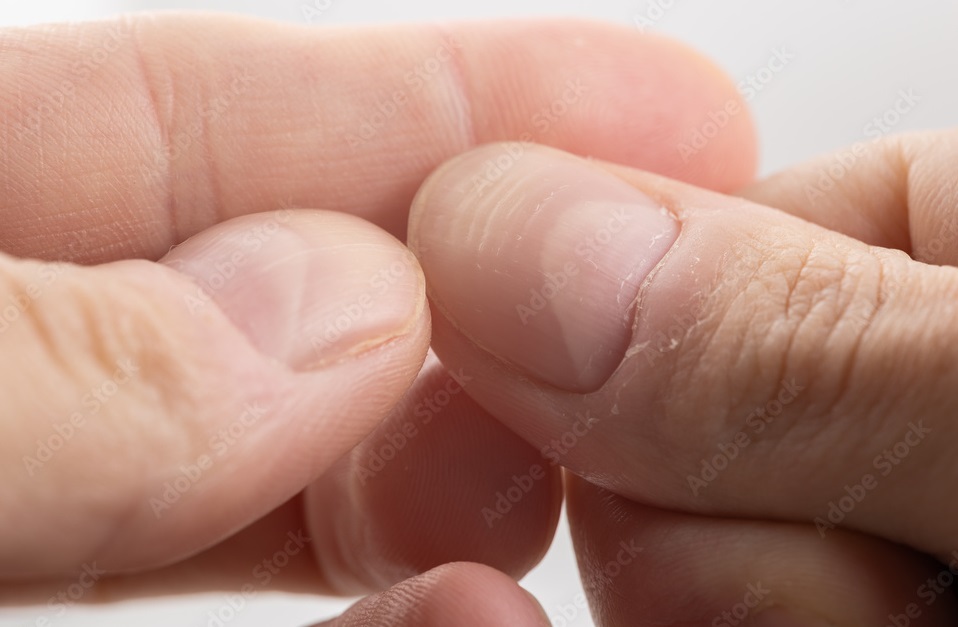Protein is often touted as the building block of life, and for good reason. It’s crucial for keeping our bodies running smoothly, from repairing tissues to fueling our energy. But when we don’t get enough protein, our bodies start sending out clear, albeit subtle, distress signals. Here’s how to listen to those signals and understand what they mean for your health.
Signs of Protein Deficiency
1. Persistent Fatigue
Ever find yourself dragging through the day, no matter how much sleep you get? Persistent fatigue can be a sign that your body isn’t getting the protein it needs. Protein helps generate and sustain energy, so if you’re feeling worn out, it might be time to check your protein intake.
2. Muscle Weakness and Loss
Muscle weakness is another red flag. Your muscles rely on protein to stay strong and functional. If you’re noticing that your usual workout routine feels like an uphill battle, or if you’re losing muscle mass, your protein levels might be too low.
3. Edema (Swelling)
If your legs, ankles, or feet are puffing up with no apparent reason, it could be a sign of edema, which is linked to protein deficiency. Protein helps keep fluids in your bloodstream; without it, those fluids can leak into your tissues, causing swelling.
4. Frequent Infections
Ever feel like you’re catching every bug going around? Your immune system might be struggling if you’re not getting enough protein. Proteins are essential for a robust immune response, so if you’re sick more often than usual, it could be worth looking at your protein intake.
5. Hair and Nail Problems
Take a look at your hair and nails. Are they looking brittle or weak? Hair loss and nail breakage can signal that your body is missing out on essential proteins. Since hair and nails are made mostly of protein, they’re often the first to show signs of deficiency.
6. Poor Wound Healing
Notice that your cuts and bruises are taking forever to heal? Protein plays a vital role in tissue repair. Without enough of it, your body struggles to fix itself, leaving you with slow-healing wounds.
7. Skin Issues
Dry, flaky skin or unusual rashes can be a sign that your protein levels are off. Protein helps maintain skin’s elasticity and moisture. If your skin isn’t looking its best, it might be due to a lack of protein.
8. Mood Changes and Mental Fog
Feeling more moody or mentally foggy lately? Your brain needs protein to function properly. Low protein levels can affect neurotransmitter production, which might leave you feeling irritable or unable to concentrate.
How to Address Protein Deficiency?
If any of these symptoms sound familiar, it’s time to up your protein game. Here’s how you can do that:
- Add Protein-Rich Foods: Think chicken, fish, eggs, dairy, beans, nuts, and seeds. These foods can help meet your daily protein needs.
- Try Supplements: If you’re struggling to get enough protein from food alone, consider protein powders or bars.
- Seek Professional Guidance: If you’re unsure about your protein needs or how to adjust your diet, a healthcare provider or dietitian can offer personalized advice.
By paying attention to these signs and adjusting your diet, you’ll help your body stay strong and healthy. Protein isn’t just a nutrient; it’s essential for feeling your best and living your life fully. So, listen to your body’s signals and give it the protein it needs to thrive.
Also Read:
